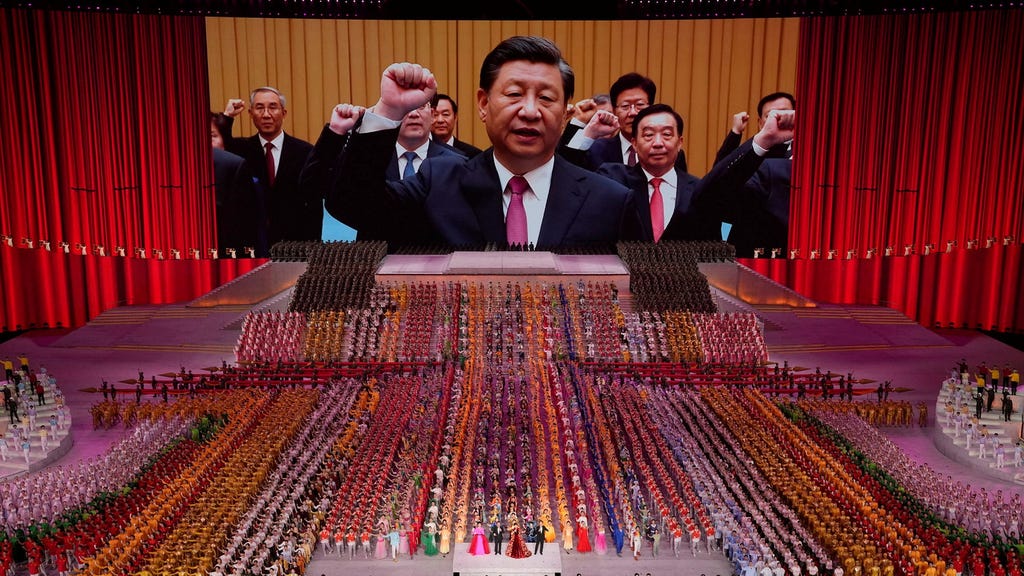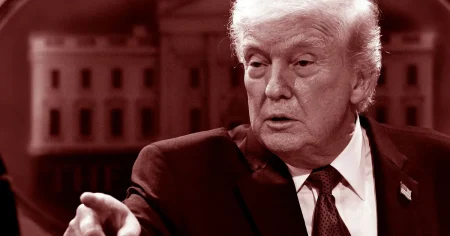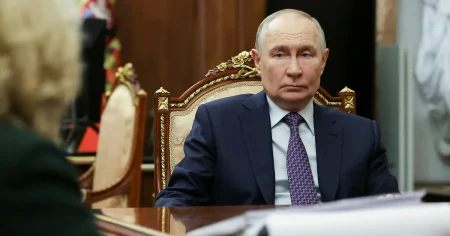The current global situation is fraught with challenges that seem to threaten the very foundations of our civilization. Over recent years, feelings of unease have intensified, supported by a plethora of alarming facts and indications of distress. These warning signs are emblematic of various global issues, including the rise of populism, climate change, geopolitical conflicts exemplified by figures like Vladimir Putin and Donald Trump, and trade tensions illustrated by tariffs and sanctions. Emerging technologies and supply chains, particularly in battery production and other critical areas, have added layers of complexity to these challenges, making the environment increasingly volatile.
One of the most perplexing issues we face today is the relationship between the West and China, a nation that represents both a historic civilization and a rapidly modernizing entity that has integrated many aspects of Western culture. Previously depicted as a distant civilization, China now embodies both a divergence from and convergence with Western values and lifestyles. The Chinese leadership, once clad in traditional Mao suits, now dons Western attire and has adopted consumerist behaviors that mirror those found in the West. This transformation raises critical questions about the future trajectory of civilization: are we witnessing the westernization of China, or is it possible that we are seeing a new iteration of our civilization through an Asian lens?
Looking ahead, there is a concern that the future may belong to China and a few other illiberal states that have made modifications to our democratic model, but at the expense of democratic principles. The potential outcome of this shift could represent a significant evolution—a world where illiberal governance is perceived as an improvement upon the democratic ideals that have shaped much of world history. However, this might bring about a dystopian scenario where the very essence of liberty is compromised. The contrast between China’s growth and its lack of political freedom raises pressing questions about the values that underpin significant societal progress.
At the heart of this discourse is the principle of freedom, which forms the cornerstone of Western civilization. Without it, alternatives diminish, and constructive criticism becomes muted. The mechanisms meant to secure freedom—namely laws, media, and democratic institutions—enable a society to evolve without resorting to violent upheaval. In China’s case, the state maintains a tight grip on dissent, viewing opposition not as a pathway to constructive reform but as a threat that needs to be quashed. Xi Jinping’s administration has seen improvements in the standard of living for many, yet these economic gains do not offset the oppression of civil liberties, leading to an unsustainable situation marked by increasing discontent among the population.
Historically, when dictatorships suppress freedom, they tend to face inevitable crises. Currently, China seems to be teetering on the edge of such a dilemma. The communist state has long avoided addressing freedom by exporting its power globally. Yet, the burgeoning middle class has begun to exhibit growing aspirations for individual freedoms, which the regime is reluctant to grant. Evidence of an impending clash between economic aspirations and the authoritarian state is increasing. Without an evolution toward greater freedoms, predictions point towards continued stagnation and rising societal frustration, which could culminate in a rift between the state and its citizens. The consequences of such scenarios echo tragic narratives encountered throughout history in countries such as Russia, Cuba, and Venezuela.
As the imbalance between state power and citizen liberties escalates, so do the external factors that challenge China’s dominance. The regime’s attempts to solidify its influence through aggressive nationalism may serve as a distraction from its internal issues. The notion of controlling the South China Sea or reclaiming Taiwan reflects an essentially deterministic approach to foreign policy that may lead to dangerous miscalculations should ambitions falter. In contrast, democratic nations enjoy a freedom of thought that fosters innovation and adaptability to changing circumstances. The question remains: will China’s adherence to authoritarianism ultimately hinder its aspiration to lead on the world stage?
In summary, the intersection of democracy, freedom, and governance in the context of China presents a complex but urgent challenge for the West and the rest of the global community. The unfolding narrative forcefully illustrates that while economies can prosper under oppressive regimes, the long-term sustainability of that growth hangs precariously in balance with the people’s quest for freedom. As nations reflect on their ideological commitments, they must consider the implications of adopting or rejecting values historically tied to liberty. Ultimately, understanding this dynamic appears critical for navigating the evolving geopolitics of the modern world, where the competition between democratic ideals and authoritarian governance is becoming more pronounced.














